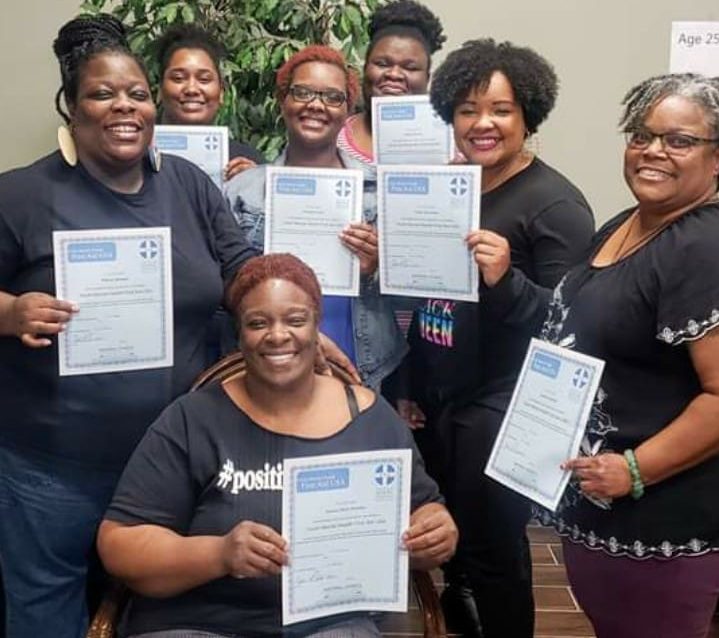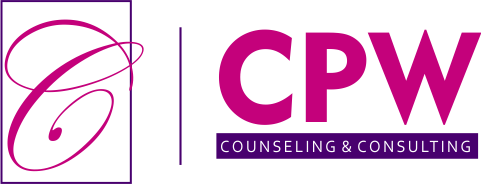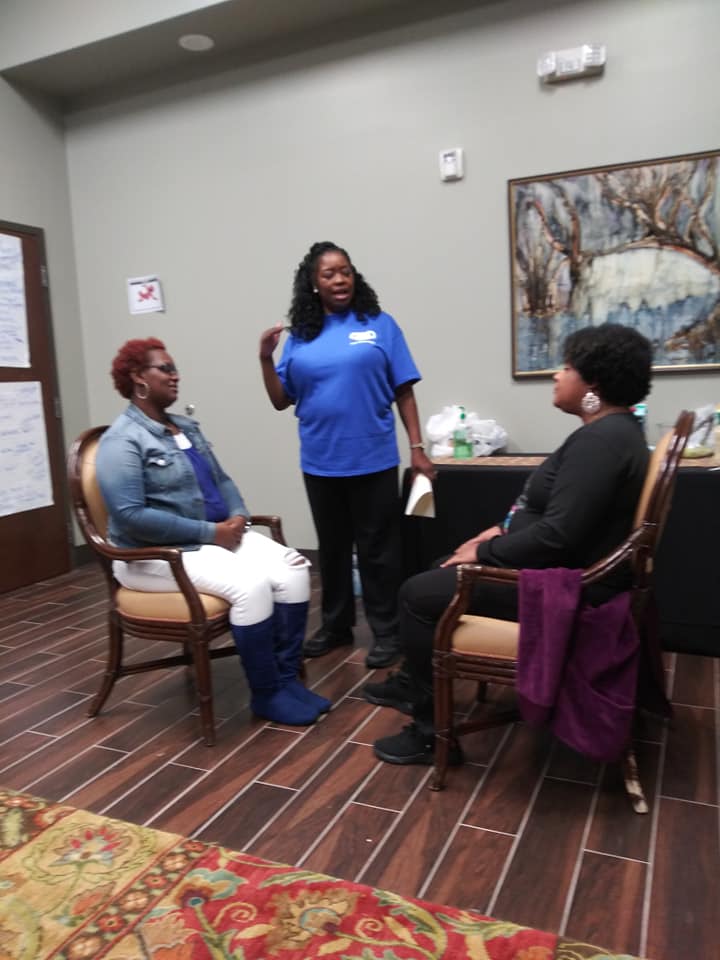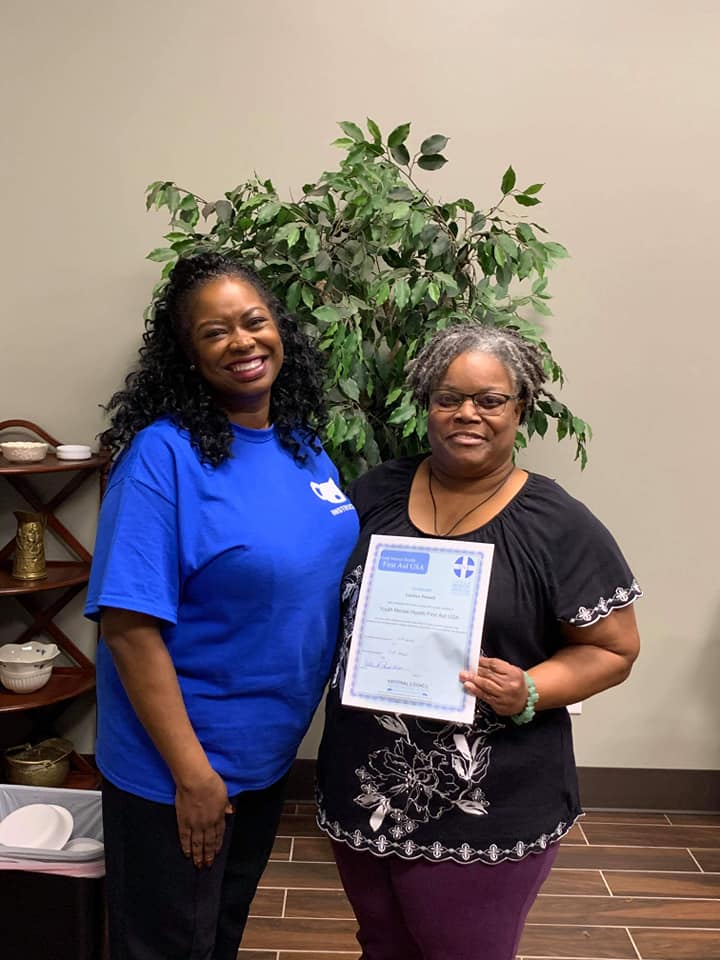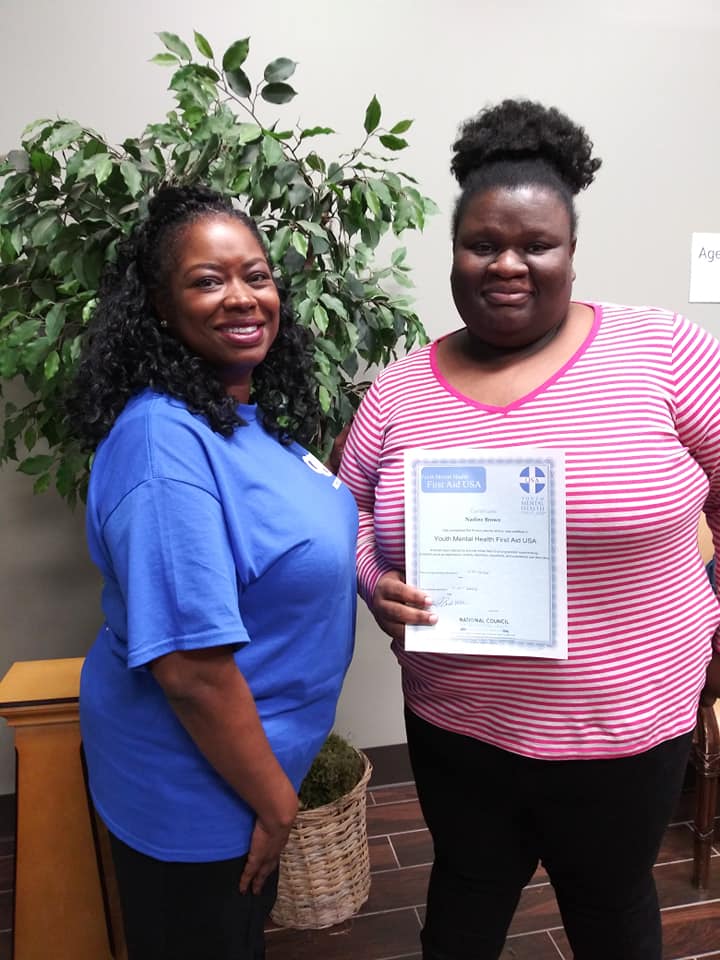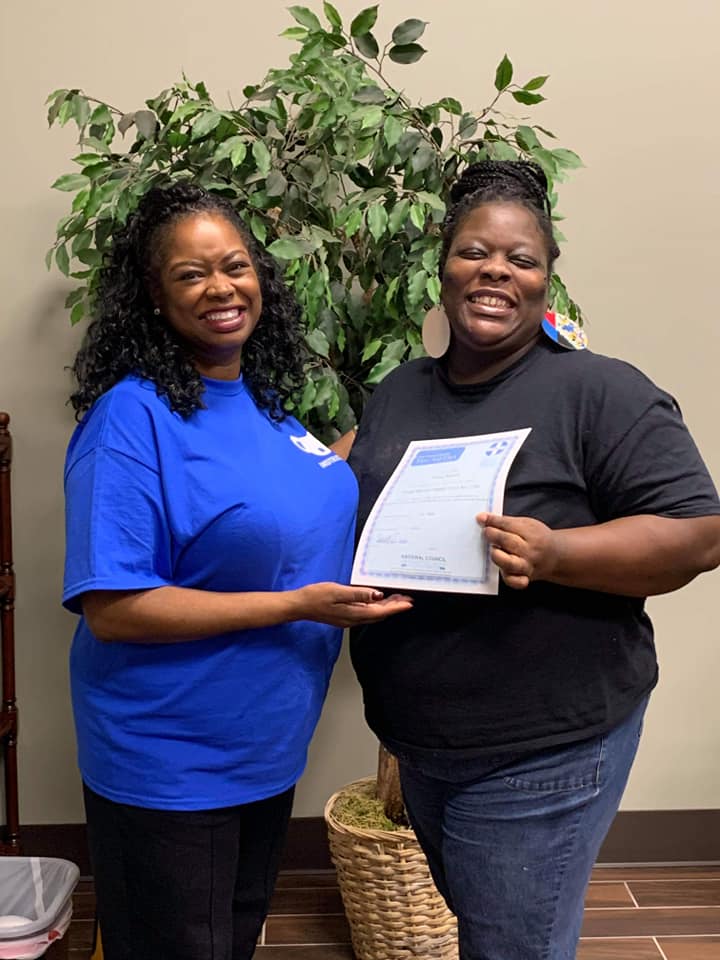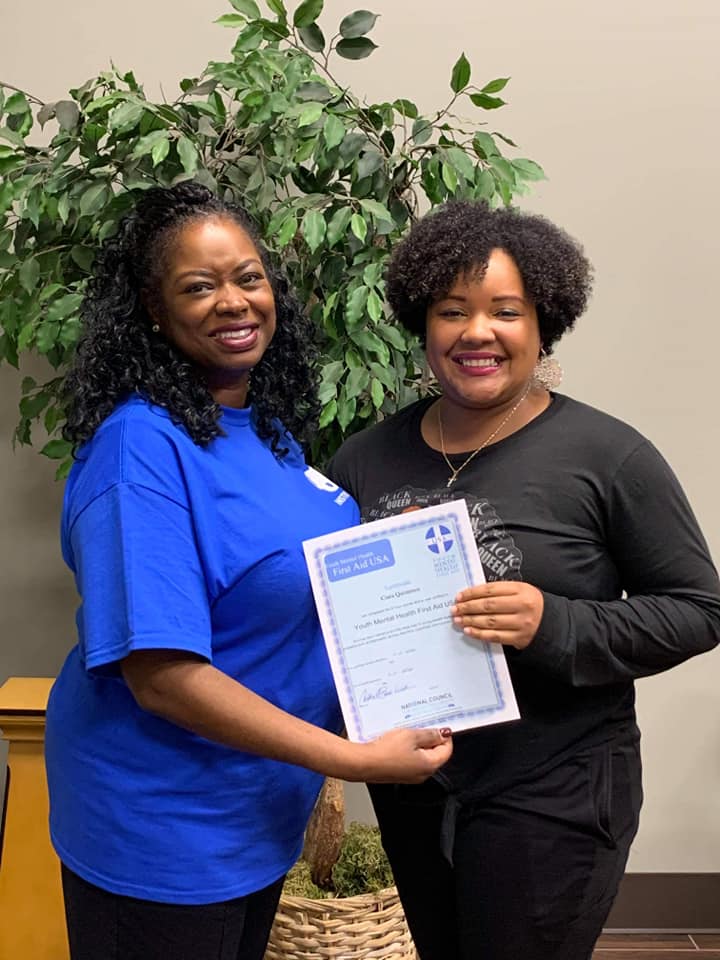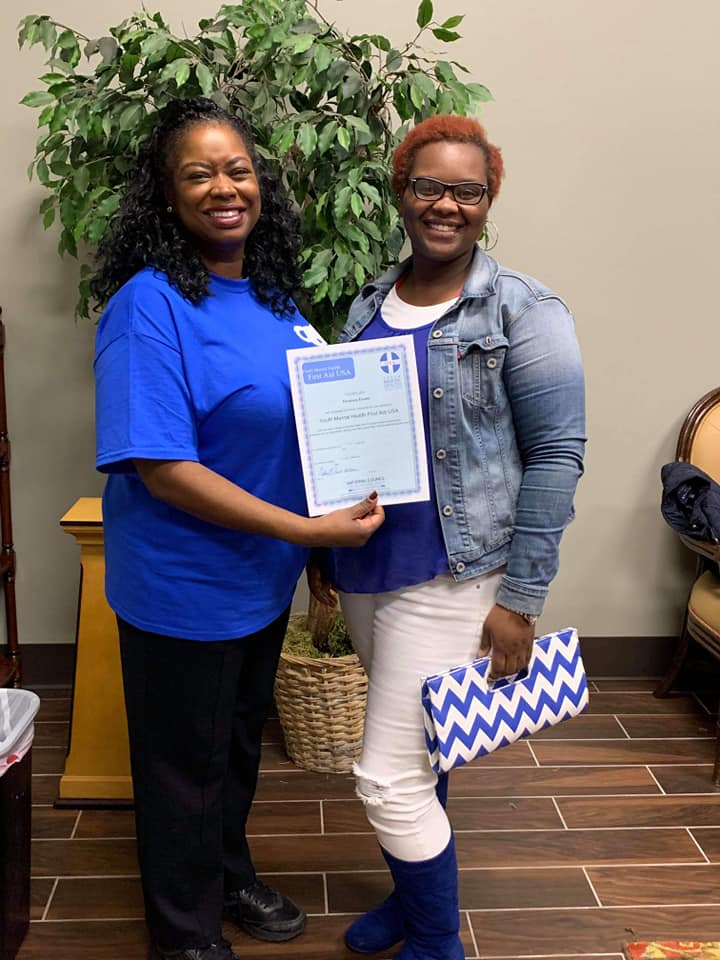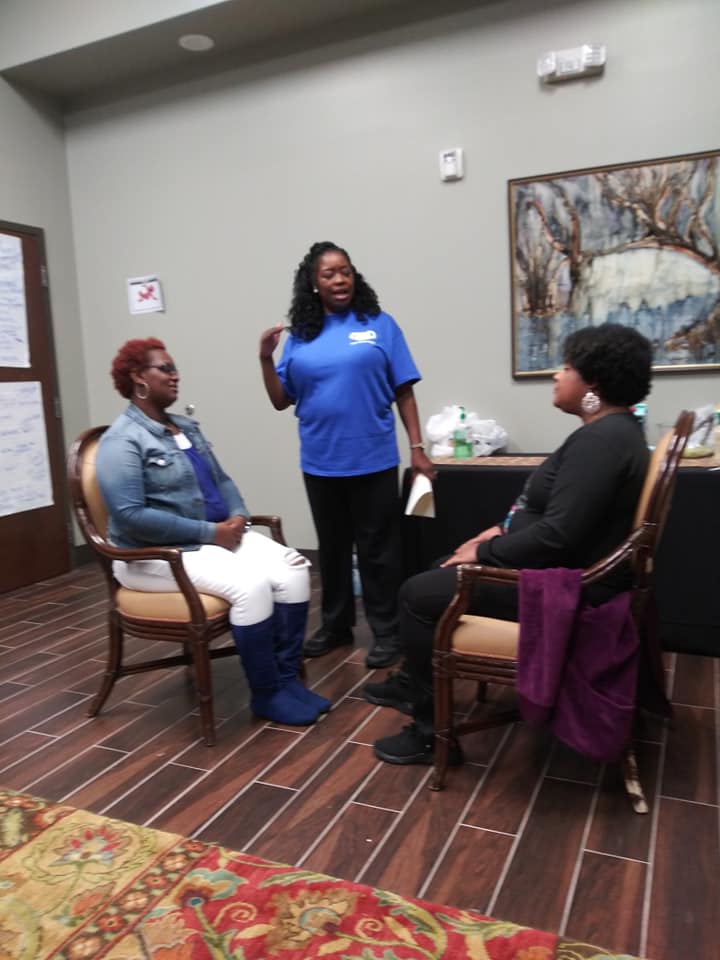Day to day, you are more likely to encounter a teen, friend, family member, neighbor or student experiencing an emotional or mental health crisis than
you are someone who is having a heart attack. Do you feel prepared to respond to a mental health situation? The actions we take can make a real difference, especially in a young person’s life.
Research shows that if left untreated, mental health problems can worsen over time, affecting an adolescent’s academic performance, emotional development, and social well-being. A young person you know could be in need of support right now. You can help and the best first aid can start with you. Youth Aid is an eight-hour course designed to teach parents, family members, caregivers, teachers, school staff, faith leaders, peers, neighbors, health and human services workers, and other caring citizens how to help an adolescent (age 12-18) who is experiencing a mental health or addictions challenge or is in crisis. Youth Mental Health First Aid is primarily designed for adults who regularly interact with young people. This Aid uses role-playing and simulations to demonstrate how to assess a mental health crisis; select interventions and provide initial help; and connect young people to professional, peer, social, and self-help care.
The eight-hour course introduces common mental health challenges for youth, reviews typical adolescent development, addressing anti-stigma messaging, and teaches a 5-step action plan for how to help young people in both crisis and non-crisis situations. Topics covered include anxiety, depression, substance use, disorders in which psychosis may occur, disruptive behavior disorders (including AD/HD), and eating disorders.
One in five youth will experience a mental health challenge at some point during their life.
